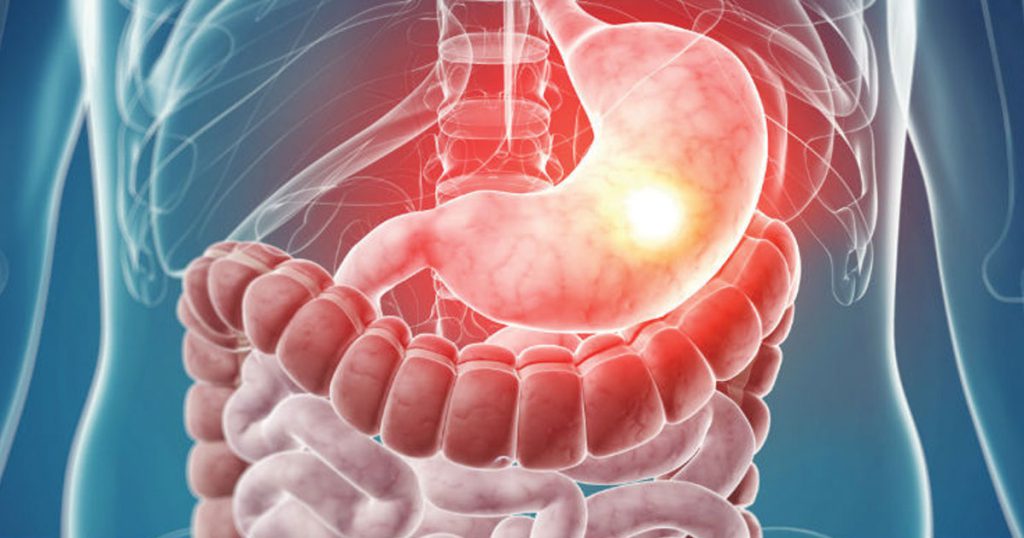
Nội dung bài viết / Table of Contents
This post is also available in: Tiếng Việt (Vietnamese)

Viral gastroenteritis, also known as stomach flu, is an inflammation of the stomach and intestines caused by one of any number of viruses. Most people make a full recovery in two or three days, with no lasting side effects.
Viral gastroenteritis is the leading cause of severe diarrhea in adults and children. Children under the age of five and the elderly are at particular risk of severe diarrhea.
Many different viruses can cause the illness, each with its own peak season. The most common viruses include:
Viral gastroenteritis is extremely common. It can affect anyone throughout the world. This highly contagious illness spreads through close contact with people who are infected, or through contaminated food or water. It can easily spread in close quarters, such as childcare facilities, schools, nursing homes, and cruise ships. Please discuss with your doctor for further information.
Symptoms of viral gastroenteritis usually begin one or two days after infection and include:
Symptoms can last anywhere from one to 10 days.
There may be some symptoms not listed above. If you have any concerns about a symptom, please consult your doctor.
If you have any signs or symptoms listed above or have any questions, please consult with your doctor. Everyone’s body acts differently. It is always best to discuss with your doctor what is best for your situation.
Viral gastroenteritis is caused by a number of different viruses.
It is easy for this virus to spread among people in group situations, such as in schools, dormitories, hospitals, and cruise ships. Some of the ways the virus is transmitted include:
People at higher risk are:
The information provided is not a substitute for any medical advice. ALWAYS consult with your doctor for more information.
Most of the time, a physical exam is the basis for diagnosis, especially if the virus is spreading through your community. Your doctor may also order a stool sample to test for the type of virus or to find out if your illness is due to a parasitic or bacterial infection.
The main focus of treatment is to prevent dehydration by drinking plenty of fluids. In severe cases, hospitalization and intravenous fluids are necessary.
Over-the-counter oral rehydration solutions (OHS), such as Pedialyte, are kept in the homes of families with young children (CDC). OHS are specially made to be easy on a child’s stomach, and they contain a balanced mixture of water and salts to replenish essential fluids and electrolytes.
These solutions are available at local pharmacies and don’t require a prescription. However, instructions should be followed carefully. Antibiotics have no effect on viruses. Check with your physician before taking any over-the-counter medications.
What are some lifestyle changes or home remedies that can help me manage viral gastroenteritis?
The following lifestyles and home remedies might help you cope with viral gastroenteritis:
If you have any questions, please consult with your doctor to better understand the best solution for you.
Read more post:
Sources: